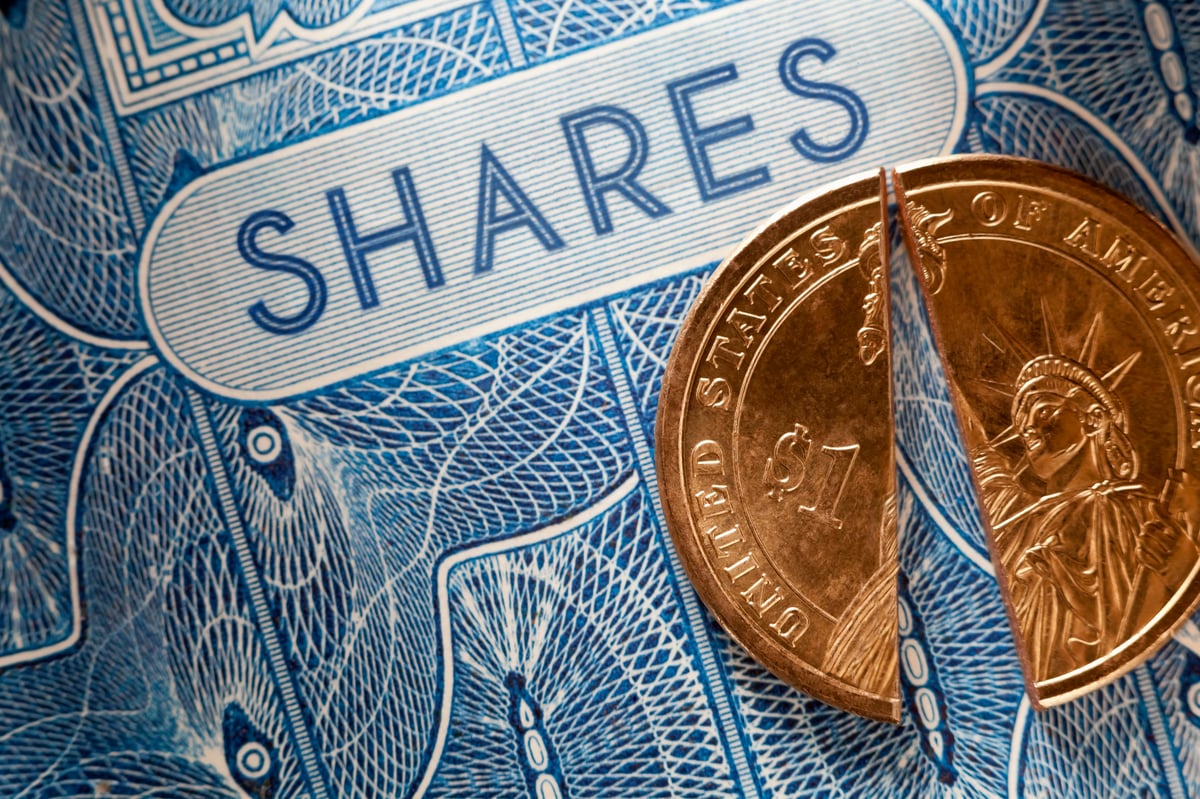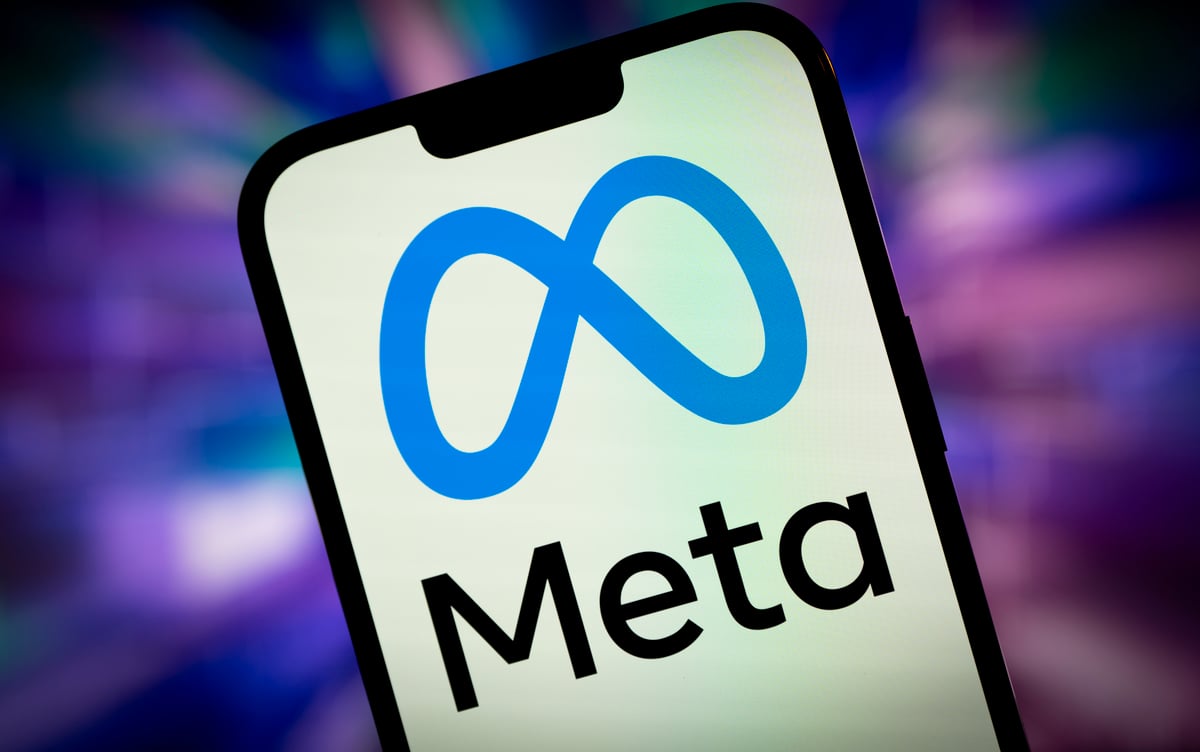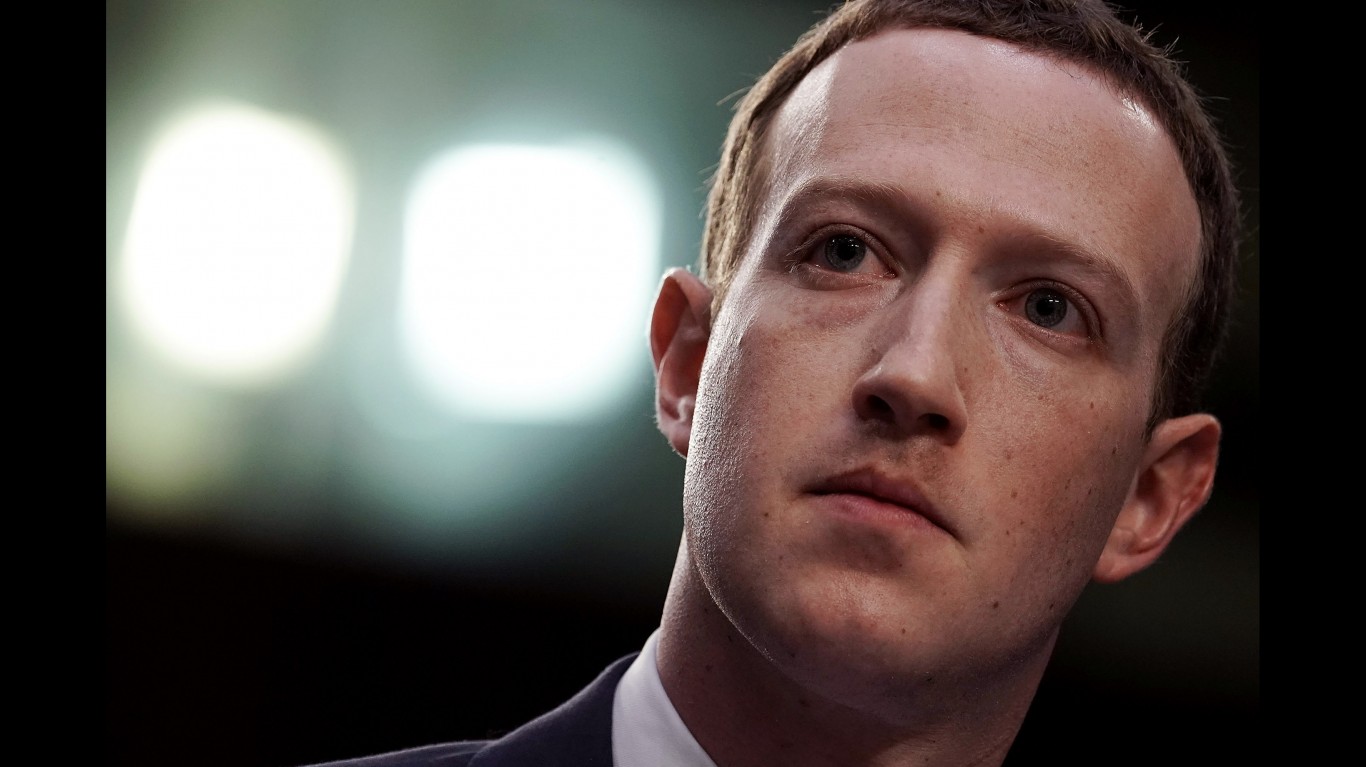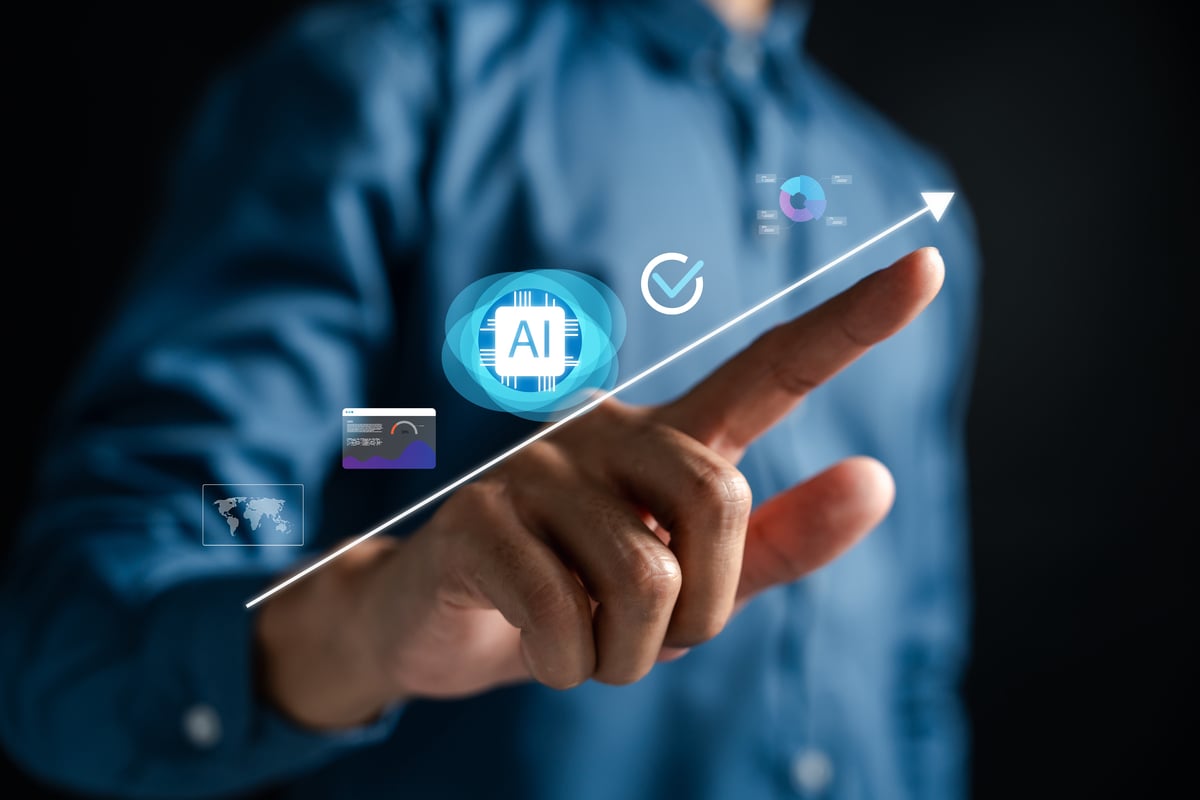#meta-platforms
#meta-platforms
[ follow ]
fromThe Motley Fool
4 days agoBillionaire Bill Ackman Reveals New Position in This Top Artificial Intelligence (AI) Stock | The Motley Fool
Pershing Square generally holds a small number of stocks, so it's easy to track what's happening. The fund exited its longtime position in Chipotle Mexican Grill last year, which was its top holding for a long time, as well as some newer positions, and it initiated a position in Amazon. It also just revealed that it has taken a position in Meta Platforms , which now accounts for 10% of its capital.
Business
from24/7 Wall St.
1 week agoBillionaire Investor Bill Ackman Exits Chipotle Completely, Buys Meta Stock Instead
Bill Ackman's Pershing Square Capital made a significant portfolio shift, selling its entire stake in Chipotle Mexican Grill (NYSE:CMG) and taking a new position in Meta Platforms (NASDAQ:META | META Price Prediction), marking a rotation from consumer discretionary into AI infrastructure. The Trade That Turned Heads Ackman's firm exited Chipotle along with positions in Nike (NYSE:NKE) and Hilton (NYSE:HLT), while simultaneously investing in Meta Platforms, Amazon.com, and Hertz Global Holdings Inc. (NASDAQ:HTZ).
US news
fromBenzinga
1 week agoChatGPT Thinks Meta Platforms Stock Will Close At This Price In The Next 60 Days
Shares of Meta Platforms have been riding a momentum wave over the past several months. After a difficult stretch marked by ad weakness and heavy metaverse spending, Meta has staged a recovery as digital advertising rebounded and management tightened costs. At the same time, the company's AI-driven ad tools have begun translating into higher engagement and improved pricing power. The result has been a sustained rally punctuated by brief pullbacks and fast recoveries.
Business
Business
fromAol
2 weeks agoToo Much Artificial Intelligence (AI) Capex? Not for Meta CEO Mark Zuckerberg, Who Is Full Steam Ahead, Much to the Market's Delight
Meta's sustained AI-focused capital spending and AI-driven advertising growth produced earnings and revenue beats, plus forward guidance ahead of expectations.
fromArs Technica
3 weeks agoMeta blocks links to ICE List across Facebook, Instagram, and Threads
When WIRED attempted to post a link on Facebook, we received a message that read: "Posts that look like spam according to our Community Guidelines are blocked on Facebook and can't be edited." Hours later, however, that message was updated to read: "Your content couldn't be shared, because this link goes against our Community Standards." The message linked to Meta's Community Standards homepage rather than a specific part of those rules.
Privacy professionals
from24/7 Wall St.
3 weeks agoMeta's Subscription Push Across Three Apps Reveals Fear of AI-Driven Ad Revenue Disruption
Meta's simultaneous subscription testing across Instagram, Facebook, and WhatsApp isn't about innovation. It's about insurance. The world's most profitable advertising machine doesn't diversify revenue streams when the core business is thriving. Meta Platforms ( NASDAQ:META) generated a 40.1% operating margin in Q3 2025, with revenue of $51.24 billion growing 26.2% year-over-year. Trailing twelve-month earnings per share reached $22.61. The subscription push reveals three pressure points.
Business
fromBenzinga
4 weeks agoWhat Is Going On With Meta Platforms Stock On Thursday? - Meta Platforms (NASDAQ:META)
Meta Platforms Inc. (NASDAQ:META) announced Wednesday that it is turning Threads into a much bigger business as the app matures into a fast-growing conversation hub. At the same time, the company's new AI lab starts producing models meant to power more consumer products and ad tools. Two years after launch, Threads has grown into a distinct community-driven platform with its own voices and niches, and it now reaches more than 400 million monthly active users, the company said in its blog.
Tech industry
from24/7 Wall St.
1 month agoMeta Platforms (NASDAQ: META) Stock Price Prediction for 2026: Where Will It Be in 1 Year (Jan 15)
Strong quarterly reports earlier in 2025 (despite a tax charge) had lent credence to the claim that Meta would continue to outshine its competitors over the coming year. The share price hit an all-time high of $796.25 back in August. The stock is still trying to recover from the pullback in November, and it is now up 3.6% year over year, underperforming the broader market. Furthermore, the near-term future of the economy is uncertain-just like the markets themselves-and Meta Platforms CEO Mark Zuckerberg is a controversial figure. Certainly, Zuckerberg's sudden shift to the metaverse and brand name change to Meta Platforms raised a few eyebrows several years ago.
Artificial intelligence
from24/7 Wall St.
1 month agoCan Meta Platforms Grow Beyond Online Advertising?
Meta Platforms ( NASDAQ:META) has been a one-trick pony for most of its existence. The company makes almost all of its revenue from online ads. While other tech giants have diversified beyond their original revenue source, Facebook's parent company still heavily relies on ads, but that may finally change. The tech company is starting to see early signs of success as it diversifies beyond ad revenue thanks to AI. These are some of the things investors should monitor as Meta Platforms seeks to produce big gains for investors after a relatively slow 2025.
Gadgets
fromBloomberglaw
1 month agoMeta Terms of Service Question in Scam Ad Suit Sent to 9th Cir.
Meta Platforms Inc. convinced a federal appeals court to certify a question about whether its terms of service and community standards created an obligation for the company to combat scam advertisements. Whether the terms of service and community standards impose a legally enforceable obligation on Meta is a question with substantial grounds for differing opinions, the US District Court for the Northern District of California said Thursday.
Law
from24/7 Wall St.
1 month agoMeta Just Acquired an Incredibly Impressive AI Startup.
A lot of mega-cap tech titans are ending off 2025 on a high note with big acquisitions. Meta Platforms ( NASDAQ:META) joined in the year-end deal-making spree by buying up AI agent startup Manus in a deal reportedly worth over $2 billion. Undoubtedly, Manus is an incredible technology that's already gained quite the following, with around $100 million in annual recurring revenue.
Artificial intelligence
fromForbes
1 month agoThree Catalysts That Can Rally META Stock
Meta Platforms has demonstrated a tendency for swift rallies. The stock has experienced increases of over 50% within a span of two months on six separate occasions, particularly in 2012 and 2023. Moreover, it has risen more than 30% within two months on eleven occasions, with significant surges in 2013 and 2025. If historical trends continue, forthcoming catalysts could propel Meta's shares to impressive new heights, benefiting investors with substantial returns.
Business
[ Load more ]






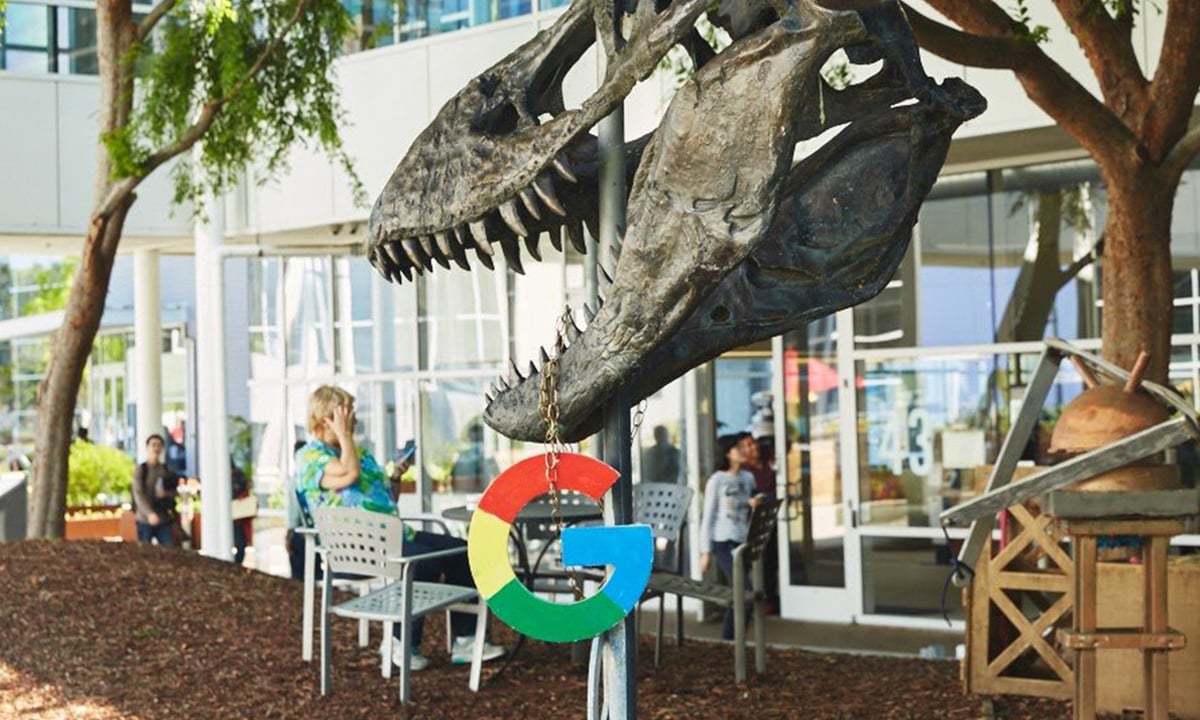
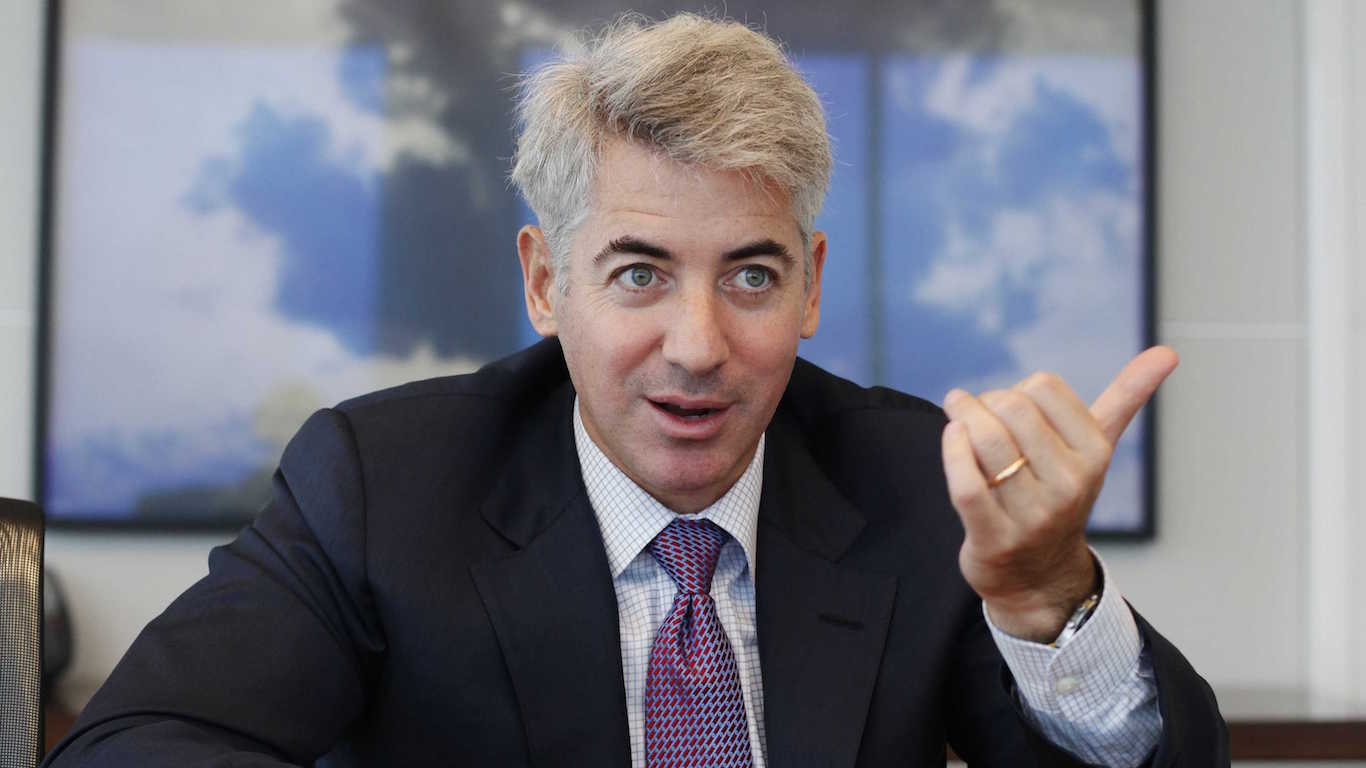


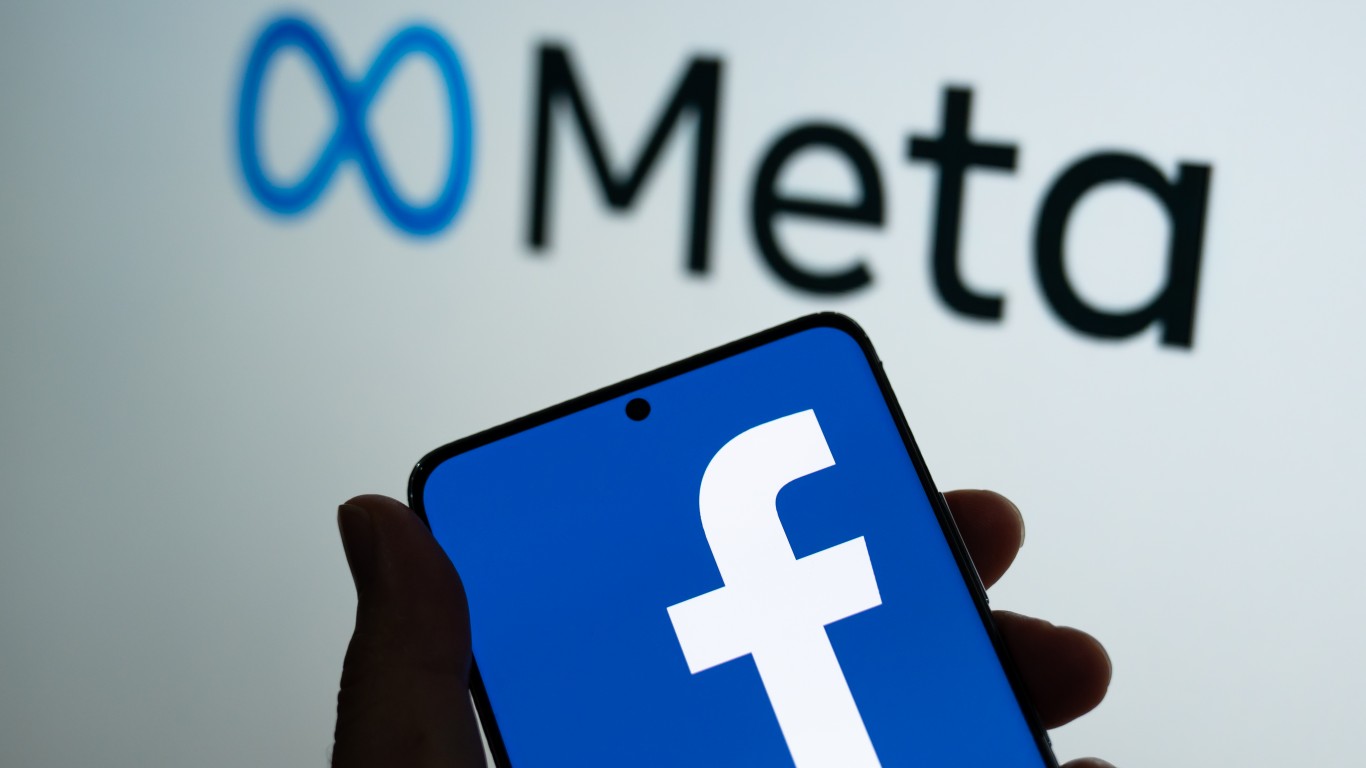
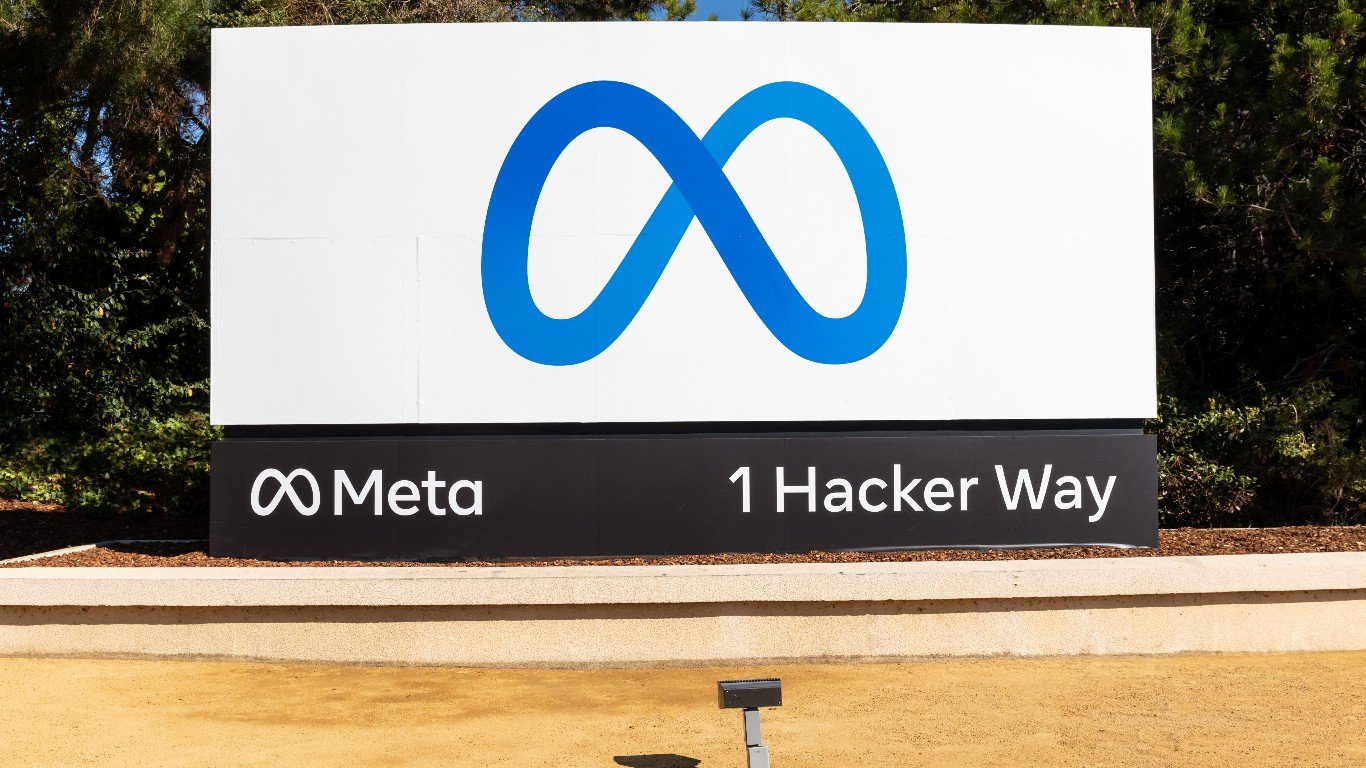
:max_bytes(150000):strip_icc()/GettyImages-2258083486-3e566e09f5414aeeb3d1061c38bde824.jpg)
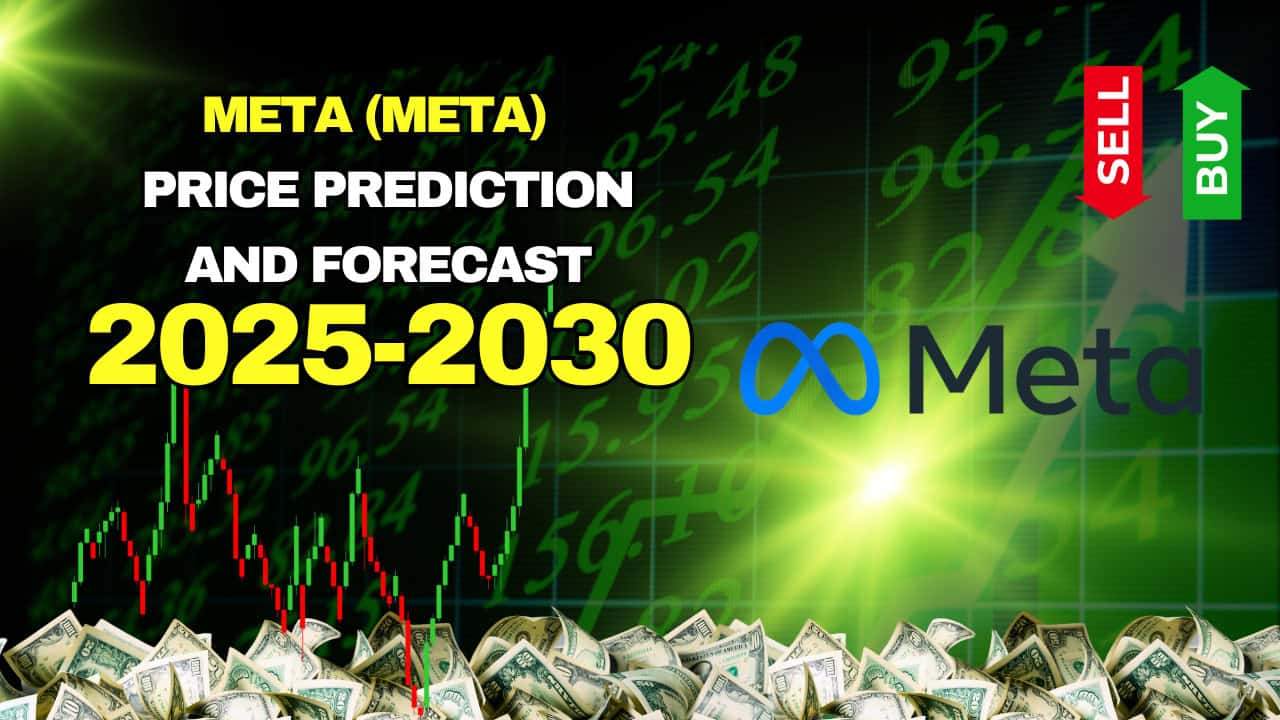

/cloudfront-us-east-1.images.arcpublishing.com/morningstar/MS4KWDCTZBET3GTVZDPFCK44EQ.jpg)







